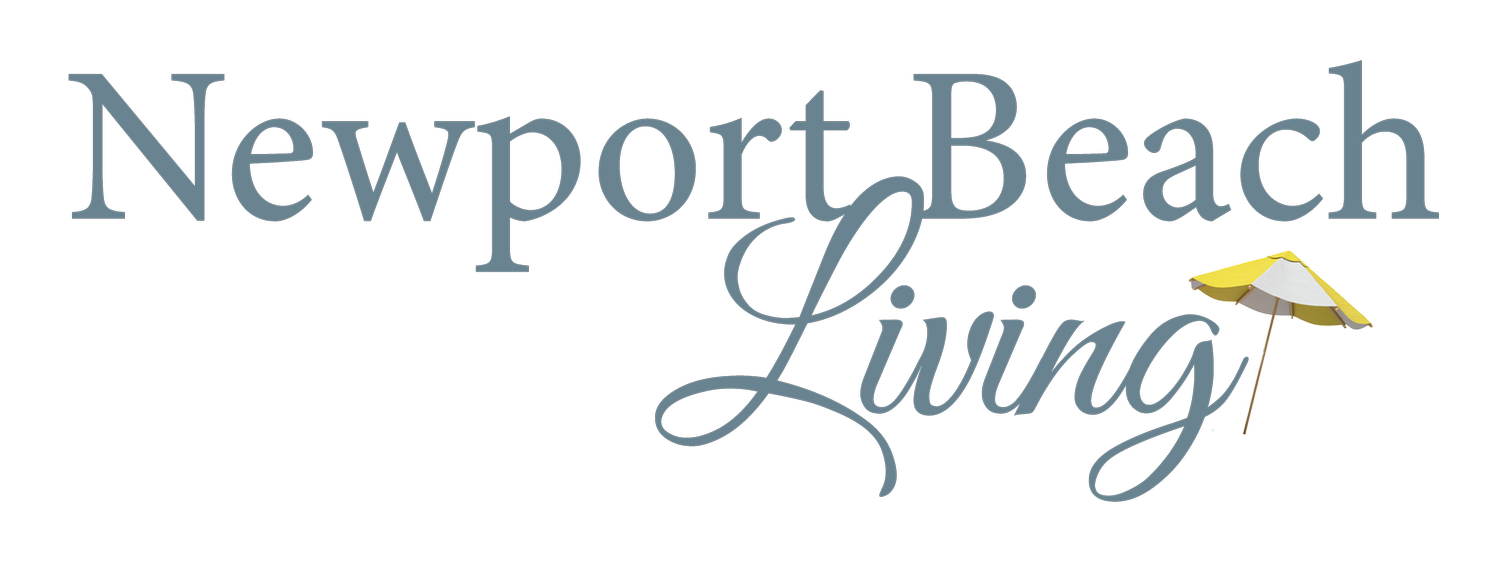Dry January
By: Karen Odell-Barber
As we step into the new year, millions of people worldwide are committing to Dry January—an annual challenge where individuals pledge to abstain from alcohol for the entire month. This growing movement is more than just a temporary cleanse; it’s a step toward improving overall well-being, particularly brain health.
At its core, Dry January offers an opportunity to reset, reassess and reconnect with a healthier lifestyle. But when it comes to brain health, the benefits of taking a break from alcohol can be profound and far-reaching. Research increasingly shows that even moderate alcohol consumption can negatively impact cognitive function, mood regulation and long-term brain health. By abstaining from alcohol during Dry January, participants may find not only immediate improvements in their mental clarity, but also gain lasting benefits that extend well beyond the month.
Alcohol, particularly in excess, can have a number of detrimental effects on the brain. It’s a neurotoxin that impairs communication between brain cells, disrupts neurotransmitter balance, and can contribute to brain shrinkage over time. Studies have shown that chronic alcohol consumption can significantly reduce the volume of the hippocampus, the part of the brain responsible for memory and learning. This damage is especially concerning given the hippocampus’s role in neuroplasticity—the brain's ability to adapt and form new connections.
Even moderate drinking, which many may consider harmless, has been linked to subtle cognitive impairments. These include slower processing speeds, difficulty concentrating and a greater risk of mood disorders like anxiety and depression. While these effects may not always be immediately apparent, they can accumulate over time and affect mental performance and emotional well-being. In this context, taking a break from alcohol—even just for a month—can provide a valuable window for the brain to recover and recalibrate.
The most immediate benefit of Dry January is the mental clarity that often accompanies alcohol abstinence. Participants frequently report feeling more focused, less foggy and experience better sleep. Alcohol disrupts sleep cycles and inhibits the deeper stages of restorative sleep, so by cutting it out, people often experience more restful nights and wake up feeling more refreshed and alert.
Beyond the immediate benefits, Dry January can also have a long-term positive impact on brain health. Taking a month-long break from alcohol can help to reset the brain’s neurochemical balance, reduce inflammation, and support the body’s natural detoxification processes. While one month is not a magic cure, it serves as a useful reset that can inspire lasting lifestyle changes. Many who participate in Dry January report reevaluating their relationship with alcohol, leading to healthier habits that extend well beyond the challenge itself.
By giving our brains the opportunity to rest and recover from the stresses alcohol places on them, we are not only improving our short-term clarity but investing in long-term mental resilience. This January, consider taking the challenge—not just for your body, but for your brain. Your cognitive function will thank you.
Please visit Neurologics.com or make an appointment at our new assessment center in Fashion Island for more information on Neuroengineering, Brain Mapping and elite brain optimization.
Listen to the Tackling Brain Health Podcast, now playing on YouTube, Spotify and Apple Music.
Tackling Brain Health explores the cutting-edge realm of brain imaging and optimization. From personal journeys to expert insights, each episode delves into the transformative power of neuroscience, sharing real stories of triumph over mental health challenges and unlocking the full potential of the human mind.

